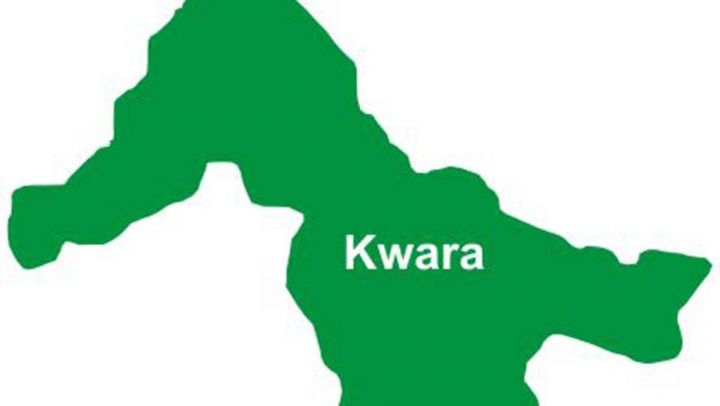The Kwara State Environmental Sanitation Task Force has taken a firm stance on enforcing environmental laws, convicting and fining more than 400 offenders for violating sanitation regulations.
This announcement was made by the State Commissioner for Environment, Hajia Nafisat Musa Buge, following a three-hour environmental sanitation exercise carried out across the state on Saturday.
Addressing journalists after the exercise, Hajia Buge expressed satisfaction with the level of compliance observed, noting a marked improvement compared to previous efforts.

“The exercise was successful because there is an improvement in the level of compliance,” she remarked.
However, she stressed the need for greater adherence to environmental laws for the collective good of the community.
Hajia Buge detailed how the task force, which she personally led, managed to apprehend offenders and charge them at 17 mobile courts set up strategically across the metropolis.
“The offenders were apprehended and charged to 17 mobile courts that were strategically positioned across the metropolis,” she stated.
This coordinated approach ensured that the exercise was not only effective but also sent a clear message to the public about the seriousness of environmental laws in Kwara State.
One of the critical aspects of the enforcement effort was the extensive public sensitisation campaign conducted by the Ministry of Environment.
The commissioner emphasised that every offender had been well-informed about the sanitation exercise through various media channels, including radio broadcasts, newspapers, and online platforms.
The good aspect is that none of the offenders can feign ignorance of today’s sanitation exercise, as enough sensitisation was carried out by the ministry on radio, newspapers and online.
It is obvious they wilfully flouted the laws and were made to face the full wrath of the law,” Buge explained.
The Commissioner expressed optimism that the actions taken against the offenders would serve as a deterrent to potential violators in future sanitation exercises.
By strictly enforcing the law, the state aims to foster a culture of compliance that will benefit the entire community.
“The offenders sanctioned during the monitoring exercise will serve as a deterrent to would-be offenders in subsequent exercises,” she asserted.
Buge also highlighted the extension of the sanitation period as stipulated by the state’s Environmental Sanitation Law.
According to Section 29 (2) CAP E4 of 2006, the designated hours for sanitation are from 7 am to 10 am, a timeframe the Commissioner reaffirmed is crucial for maintaining public health standards.
“Speaking on the extension of time, the commissioner re-emphasised that it is in line with the state Environmental Sanitation Law of Section 29 (2) CAP E4 of 2006, which stipulates that the hour of sanitation is from 7 am to 10 am,” she noted.
The Commissioner underscored the importance of sanitation as a key measure in preventing the indiscriminate dumping of refuse and reducing the risk of disease outbreaks.
She reiterated the state’s commitment to eradicating poor waste management practices and urged citizens to take sanitation laws seriously.
The move is necessary to ensure a total eradication of indiscriminate dumping of refuse and forestall the outbreak of diseases,” she said, stressing that these efforts are in line with the state’s legal framework.
In her appeal to the public, Hajia Buge called for continued cooperation with the government and its agencies to create a cleaner, safer, and healthier Kwara State.
She emphasised that the success of these initiatives depends on the active participation and compliance of residents.
“She appealed to the public to continue to cooperate with the government and its agencies in the efforts to ensure a clean, safe and healthier Kwara for residents and would-be investors.”
The recent crackdown on sanitation offenders highlights Kwara State’s commitment to environmental sustainability and public health.
The successful enforcement of sanitation laws serves not only as a warning to potential violators but also as a reminder of the importance of individual responsibility in maintaining communal hygiene standards.
By working together, the government and the people of Kwara can achieve a cleaner and more prosperous environment, enhancing the quality of life for all residents and attracting investment to the state.
As Kwara continues to enforce its environmental laws, the actions of the Sanitation Task Force demonstrate the state’s dedication to safeguarding the health of its citizens and promoting a cleaner, more sustainable future.
The government’s efforts, supported by robust legal frameworks and public cooperation, are paving the way for a healthier and more vibrant community in Kwara State.
Support InfoStride News' Credible Journalism: Only credible journalism can guarantee a fair, accountable and transparent society, including democracy and government. It involves a lot of efforts and money. We need your support. Click here to Donate
